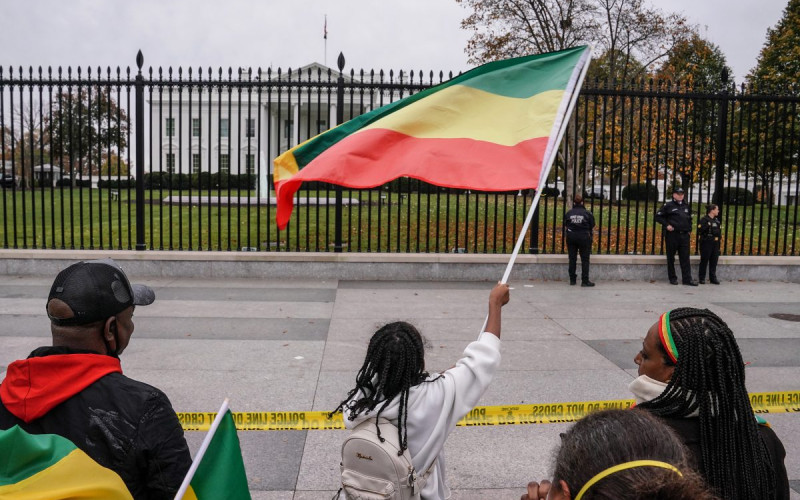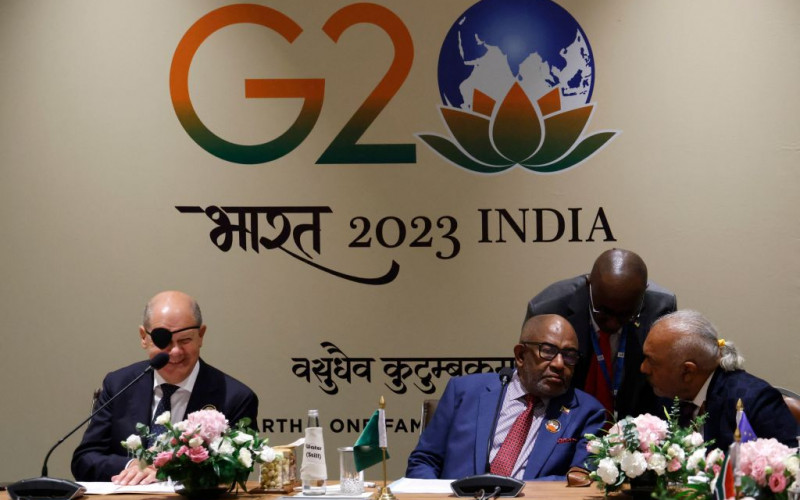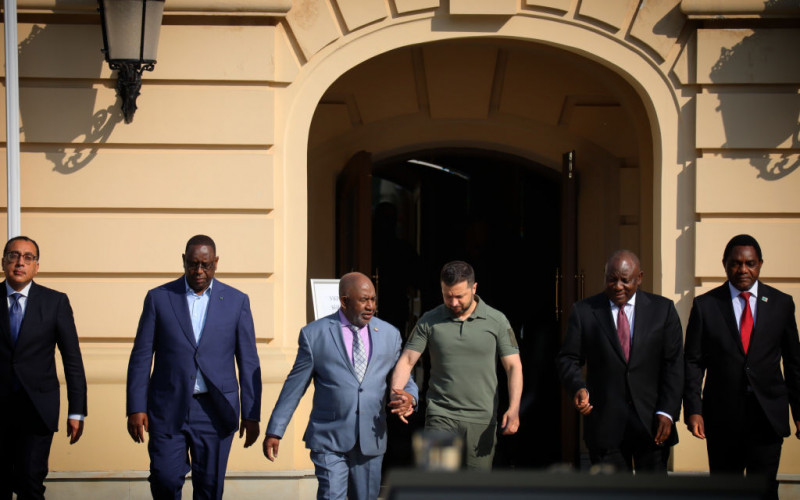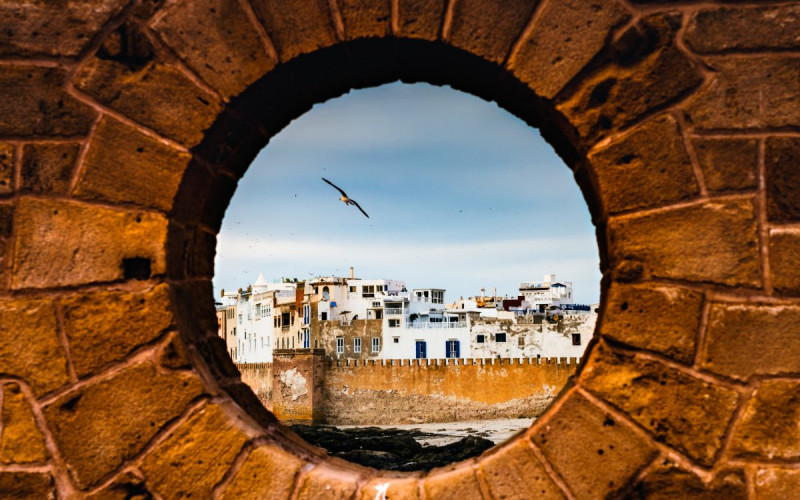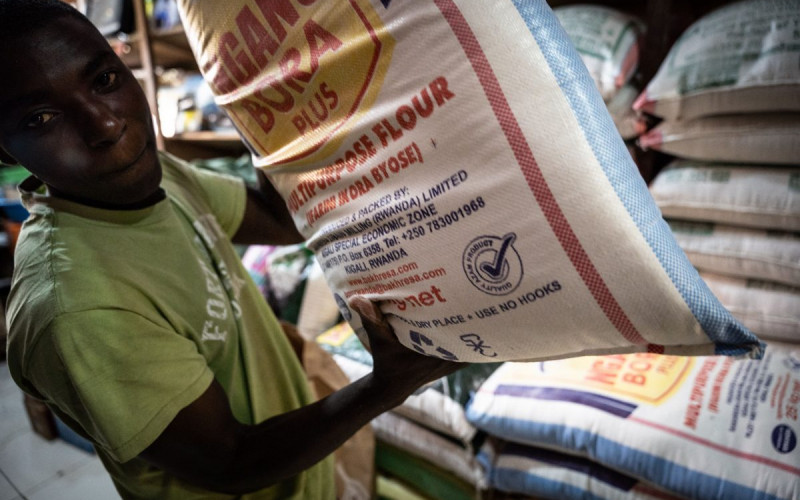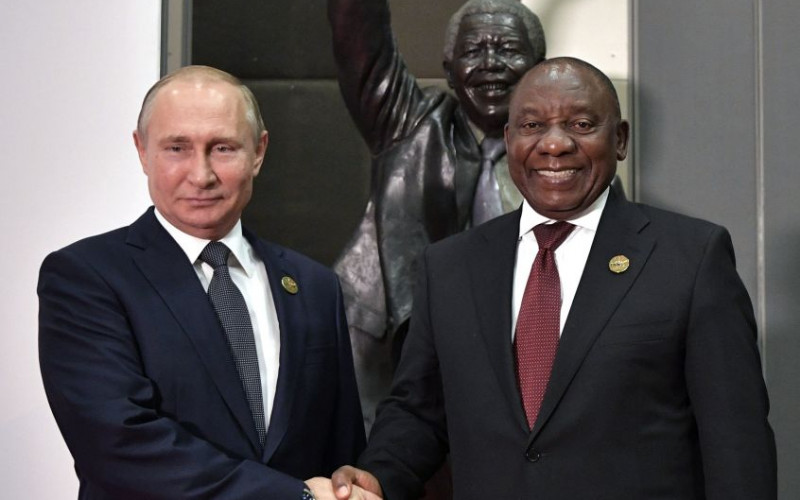Three decades after the dissolution of the Soviet Union, Russia is resurgent in Africa. On 23 and 24 October 2019, Russian President Vladimir Putin co-chaired the first Russia-Africa Summit in Sochi, which fêted heads of state from 43 African countries and showcased Moscow’s great power ambitions. Russia has signed military-technical agreements with over 20 African countries and has secured lucrative mining and nuclear energy contracts on the continent. Russian private military contractors (PMCs) have influenced the outcomes of civil wars in Libya and the Central African Republic (CAR), and Russia exports more arms to Africa than the United States, France and China combined. These indicators of Russia’s expanding influence in Africa are compelling, but a closer examination reveals a murkier picture.
Despite Putin’s lofty trade targets, Russia’s trade with Africa stands at just $20 billion, which is lower than that of India or Turkey. The involvement of the Wagner Group PMC in alleged war crimes in Libya and CAR, Russia’s support for authoritarian regimes in Africa, and Moscow’s failed COVID-19 vaccine distribution campaign have eroded Russia’s soft power. Limited cooperation between Russia and China in Africa, combined with growing pressure from the US and Europe, could further expose the shaky foundations of Moscow’s influence on the continent. What is clear is that renewed attention by Russia to Africa presents both risks and opportunities for the continent. The question arises: Who is courting whom?
Acknowledgements
The guest editors would like to thank the International Relations & Diplomacy Co-Convenors, Dr Odilile Ayodele and Dr Maxine Rubin of the South African Association of Political Studies for proposing this special issue. We also thank Dr Martha Bridgman, editor of the South African Journal of International Affairs, and the editorial team for all their invaluable guidance and support.


